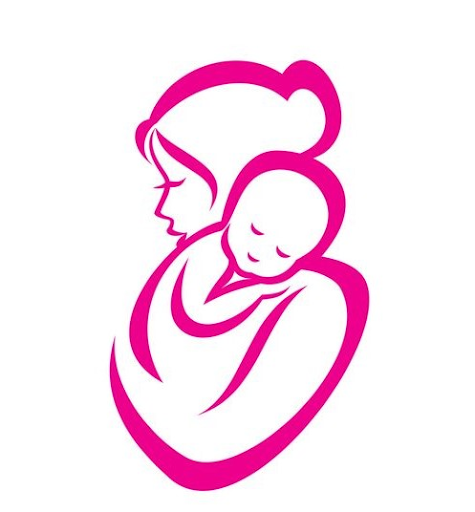+918042757258
Recently updated about

This is your website preview.
Currently it only shows your basic business info. Start adding relevant business details such as description, images and products or services to gain your customers attention by using Boost 360 android app / iOS App / web portal.
Description
Maternity care encompasses the comprehensive medical and emotional support provided to women during pregnancy, childbirth, and the postpartum period. It ensures the health and well-being of both the mother and baby through regular checkups, education, and interventions when needed. 1. Components of Maternity Care A. Antenatal (Prenatal) Care Care provided during pregnancy to monitor and support maternal and fetal health. Regular Checkups: Confirm pregnancy and calculate the due date. Monitor blood pressure, weight, and overall health. Perform ultrasounds and fetal monitoring. Test for conditions like gestational diabetes and anemia. Screening and Tests: Blood tests to check for infections, Rh compatibility, and more. Urine tests to detect protein levels and signs of preeclampsia. Genetic screening (if needed) for chromosomal abnormalities. Education and Counseling: Nutrition guidance and supplementation (folic acid, iron). Advice on exercise, sleep, and managing stress. Birth planning and understanding the stages of labor. Managing Complications: Addressing high-risk conditions like preeclampsia or placenta previa. Monitoring pregnancies with multiple fetuses or underlying maternal conditions. B. Intrapartum Care (During Labor and Delivery) Care provided during childbirth to ensure safe delivery. Labor Monitoring: Track contractions, cervical dilation, and fetal heart rate. Manage pain using non-medical techniques or medications (e.g., epidurals). Delivery Support: Assistance during vaginal delivery or preparation for a C-section if necessary. Ensure immediate neonatal care for the baby. Emergency Interventions: Assisted delivery using forceps or vacuum if needed. Surgical delivery in case of complications. C. Postnatal (Postpartum) Care Care provided to the mother and baby after childbirth. Maternal Recovery: Monitor bleeding, uterine contractions, and incision healing (if a C-section or episiotomy was performed). Address breastfeeding challenges or nipple care. Screen for postpartum depression and provide mental health support. Infant Care: Monitor the baby’s weight, feeding, and growth milestones. Ensure vaccinations and newborn screening tests are done. Educate parents about hygiene, sleeping positions, and bonding. Family Planning: Discuss contraception options and spacing future pregnancies. Provide guidance on returning to physical activity and sexual health. 2. Key Services in Maternity Care A. Routine Appointments: Monthly visits in the first trimester. Bi-weekly visits in the third trimester. Weekly visits closer to the due date. B. Diagnostic Imaging and Tests: Ultrasounds (dating scan, anomaly scan, and growth scans). Non-invasive prenatal testing (NIPT) and amniocentesis (if indicated). C. Specialized Support: Nutritionists for diet planning. Physiotherapists for prenatal exercises or postpartum recovery. Lactation consultants for breastfeeding support. D. High-Risk Pregnancy Care: Multidisciplinary approach for mothers with preexisting conditions (diabetes, hypertension). Intensive monitoring for pregnancies with complications. 3. Benefits of Comprehensive Maternity Care Early detection and management of complications. Improved maternal and neonatal outcomes. Education and empowerment of mothers for a healthy pregnancy and delivery. Emotional support during a transformative period. 4. Common Challenges Addressed in Maternity Care Managing nausea, fatigue, and common pregnancy symptoms. Preparing for labor and delivery. Coping with physical and emotional postpartum changes. Ensuring proper infant care and development. 5. Tips for Expectant Mothers Attend Regular Checkups: Adhere to the schedule provided by your healthcare provider. Maintain a Balanced Diet: Include fruits, vegetables, protein, and calcium-rich foods. Exercise Safely: Engage in activities like walking, swimming, or prenatal yoga. Rest and Hydrate: Prioritize sleep and drink plenty of water. Educate Yourself: Take childbirth and breastfeeding classes. 6. Red Flags During Pregnancy Seek medical attention if you experience: Severe abdominal pain or bleeding. Sudden swelling in the face, hands, or feet. Persistent headaches or vision changes. Reduced fetal movements. Signs of preterm labor (contractions before 37 weeks).

